Article published in: November 2018
Article updated in: September 2025
In order to protect the freshness of our coffee, aluminium continues to remain the material of choice for Nespresso capsules. This choice brings with it a responsibility to ensure that this aluminium sustainably sourced, used and recycled.
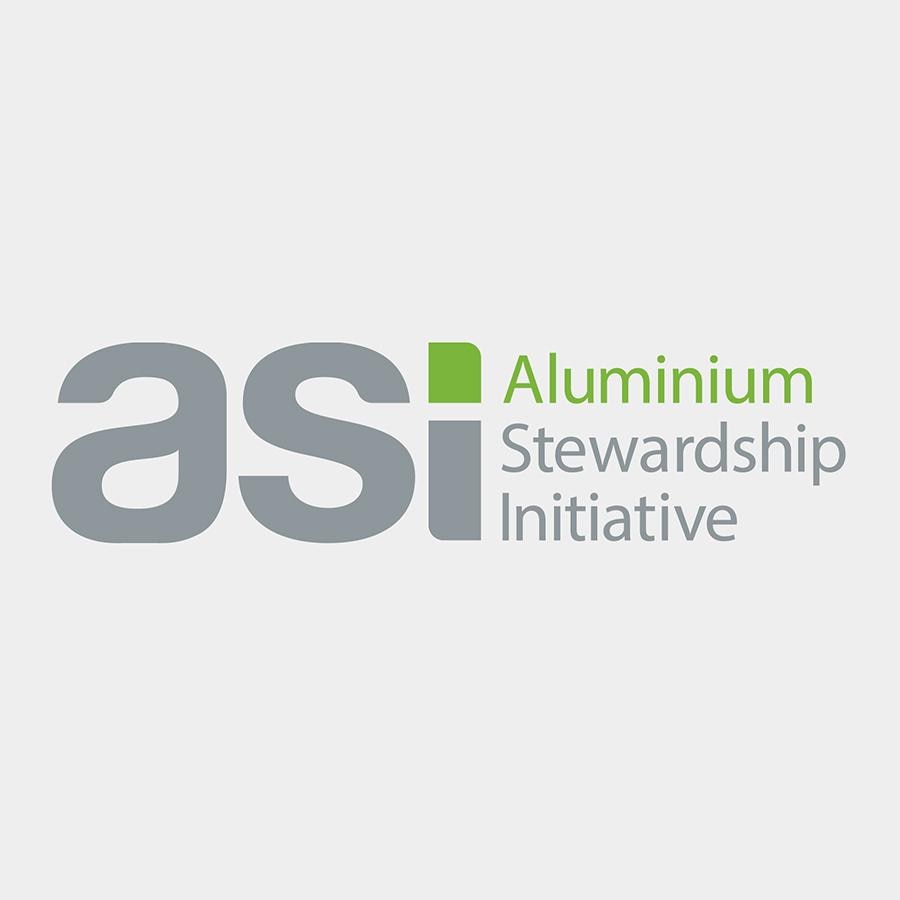
Nespresso capsules keep your coffee fresh and are created using aluminium.
That’s why, in 2009, we approached the International Union for the Conservation of Nature (IUCN) with a mission to improve the sustainability of aluminium throughout its lifecycle. The resulting partnership inspired 13 other companies and 14 civil society and stakeholder organisations to get involved to create what is now known as the Aluminium Stewardship Initiative (ASI) – the industry’s first global standards on responsible aluminium sourcing, production and usage.
The Aluminium Stewardship Initiative is an industry game changer, driving collaboration with upstream stakeholders. In fact, it is actively embedding ESG principles across the global aluminium supply chain.
THE WORLD’S FIRST ASI CERTIFICATIONS
In 2018, the world’s first certifications against the newly-established ASI Performance Standard were awarded. These comprise Nespresso’s three manufacturing facilities, an alumina refinery, plus five aluminium smelters and associated casting, recycling, waste management and infrastructure facilities in Canada, owned and operated by Rio Tinto.
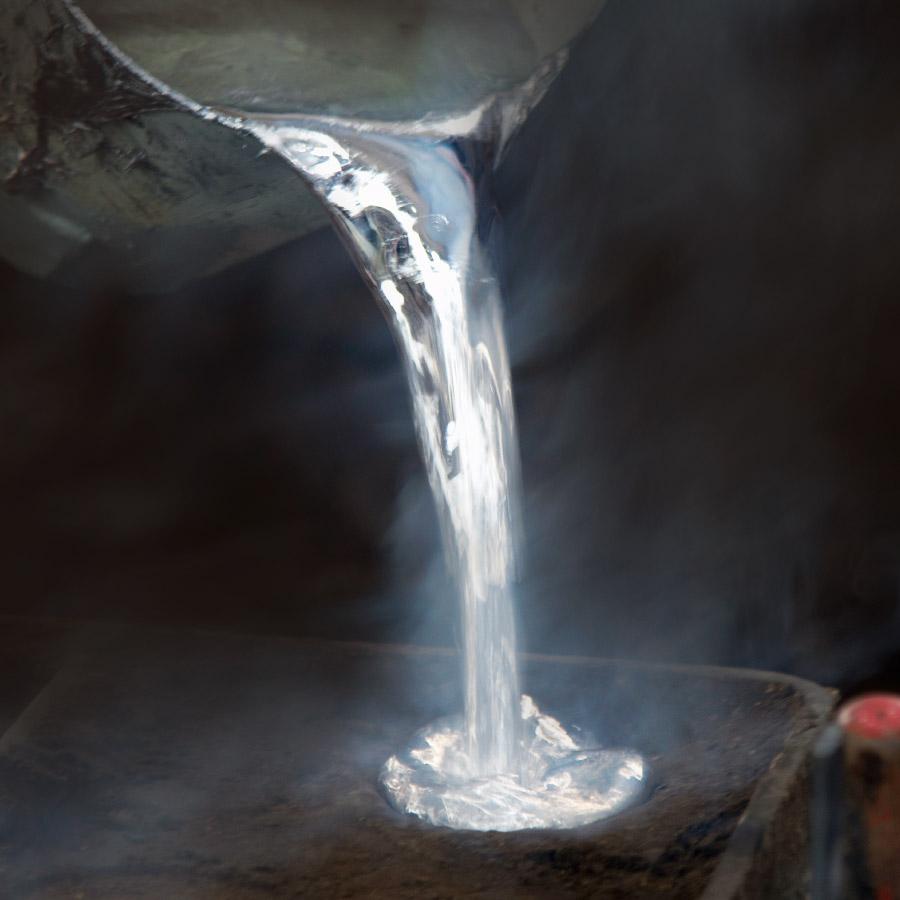
6 REASONS WHY ASI-CERTIFIED ALUMINIUM FOR OUR CAPSULES MAKES SENSE
1.
Delivering against the
UN Sustainable Development Goals
ASI is not only a key contributor to our public commitments but also an asset which delivers against four Sustainable Development Goals: SDG8, SDG 12, SDG 13, SDG15.
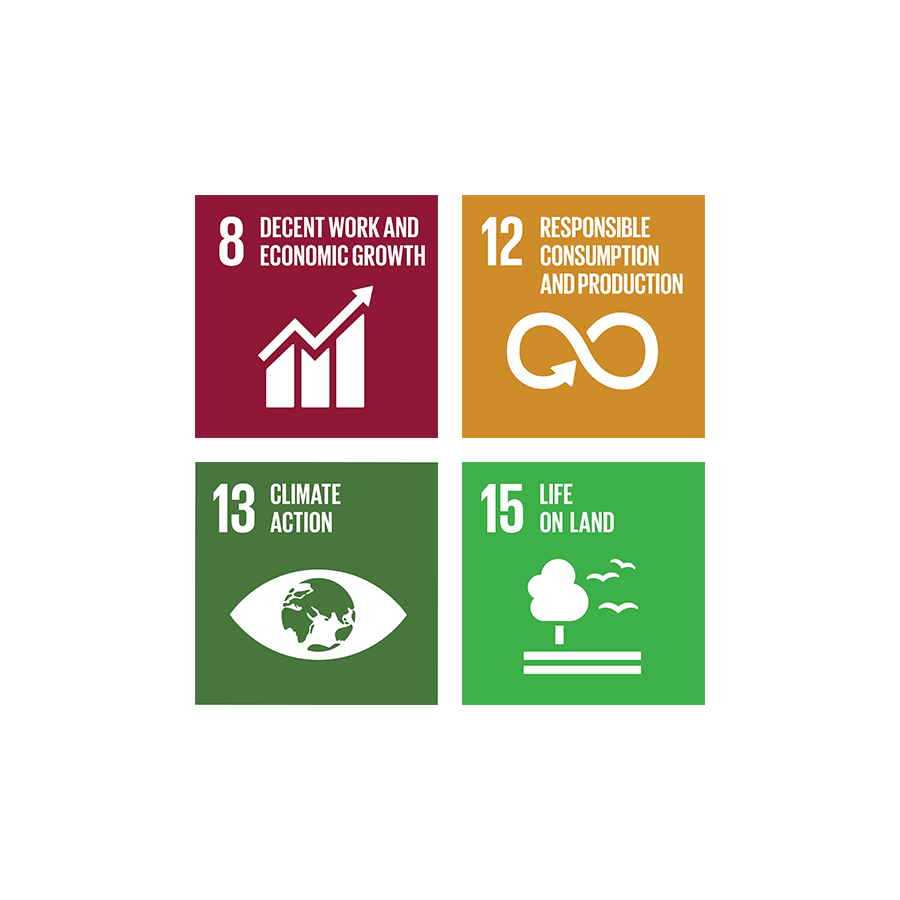
2.
Respecting human rights
The ASI Performance Standard embeds three principles related to human rights so that companies must:
- Minimise emissions and effluents that have adverse effects on people or the environment and manage waste effectively
- Take appropriate action to assess, prevent and remedy potential adverse impacts on human rights – in line with international protocols
- Provide workers with decent work and treat them with dignity and respect, in line with ILO conventions
Human Rights compliance is non-negotiable for our company and an essential ingredient to sustainable development. ASI certification will provide us with the tools to evaluate the risks in our aluminium supply chain, as well as monitor and remedy any identified abuses.
3.
Mastering material stewardship
Material stewardship is one of the governing principles of the ASI standard. It commits companies to taking a lifecycle perspective on aluminium and promoting efficiency, collection and recycling of the material within the value chain. It challenges us to apply a circular approach to the way we use aluminium.
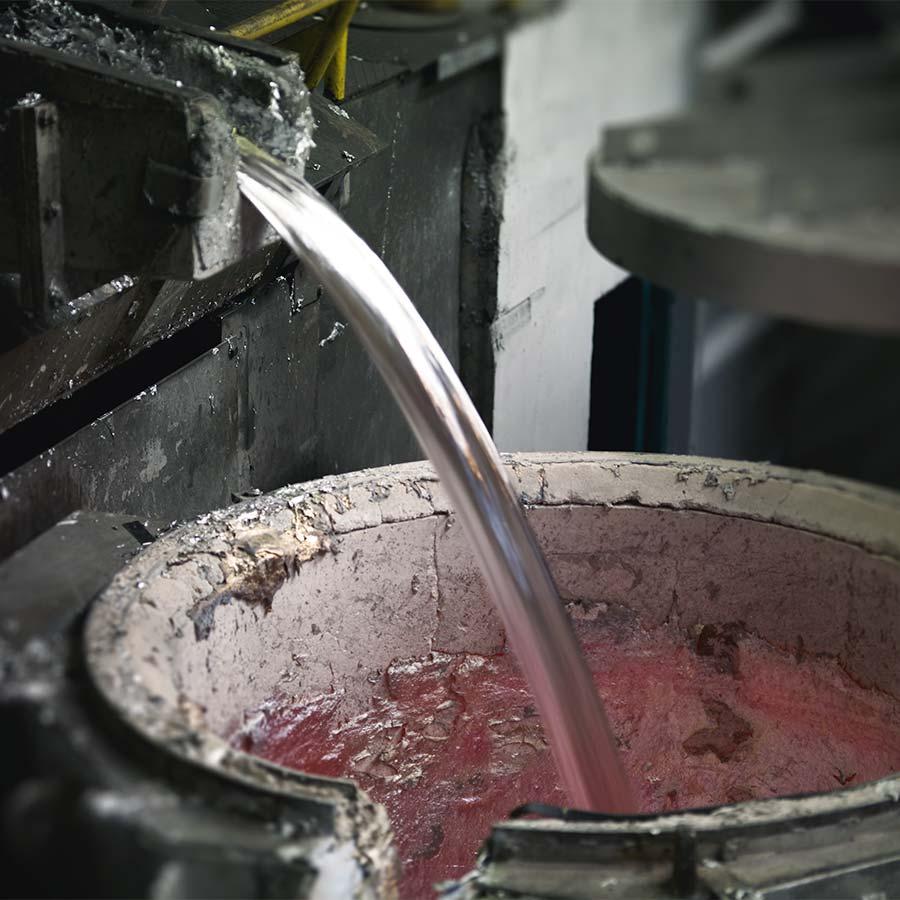
4.
Reducing the carbon footprint
Due to its energy intensity, the production of primary aluminium from bauxite has a high carbon footprint. The ASI Performance Standard seeks to reduce the carbon footprint of aluminium, by ensuring that:
- Aluminium production scraps and after-use products are managed to produce aluminium, while avoiding bauxite from mining impacts and energy usage.
- Companies – specifically primary aluminium companies – reduce and limit their GHG emissions from a life cycle perspective.
A lower carbon footprint of aluminium translates into a lower carbon footprint of a cup of Nespresso. Accounting for around 50% of our carbon reduction journey (2014-2020), the 100% ASI certified target was critical to our 2020 climate goals.
5.
Conserving biodiversity in mining
ASI-compliant companies in mining have committed to managing biodiversity impacts by:
- Avoiding and minimising the negative impacts of mining activities
- Undertaking on-site rehabilitation and restoration where feasible
- Fully compensating for any residual impacts, such that no overall biodiversity loss results from a development project
- Never undertaking development within World Heritage sites
In April 2021, we reiterated our commitment to ensuring an aluminium supply free from bauxite sourced from biodiversity hot spots.

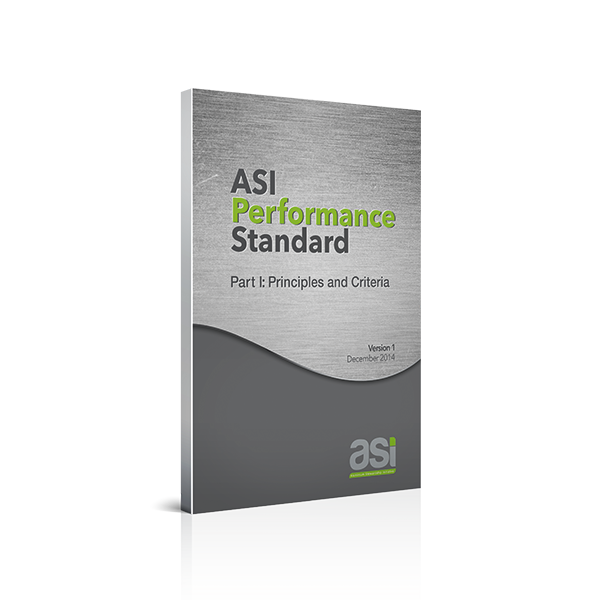
6.
Promoting full transparency and traceability
Until now, the transparency on our aluminium supply was provided through an audit process using the SMETA 4-Pillars (Sedex Members Ethical Trade Audit). These cover national compliance and best practices in labour, health and safety, environmental practices, and business ethics practices. By the end of 2015, our direct capsule suppliers had achieved full SMETA compliance (Tier 1).
The ASI certification program will enable compliance across a wider scope of sustainable practices (governance, environment, social) and lead to improved transparency and traceability up to the bauxite mining phase.
Dr. Fiona Solomon, CEO, ASI“ASI represents a logical next step for a metal that has been at the forefront of materials stewardship initiatives for many years. I am honoured to be leading ASI into its next stage of development and sincerely thank the wide range of stakeholders who have contributed to its achievements to date.”

